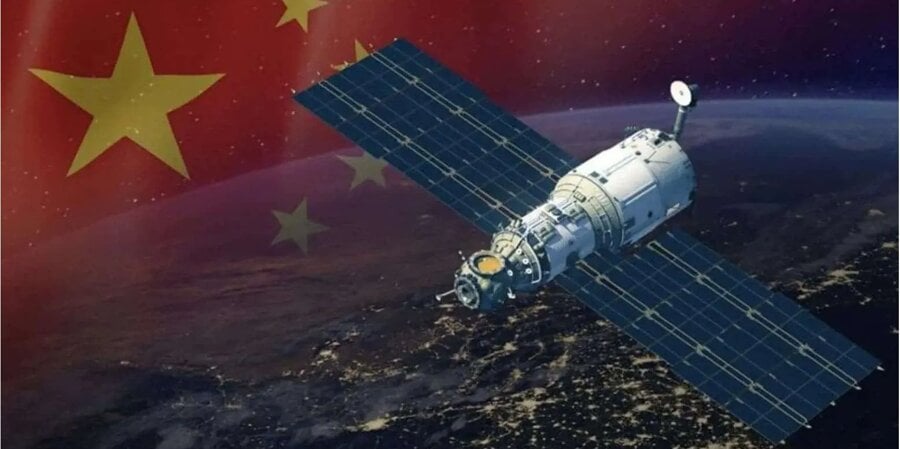China is making a push to catch up with other global leaders in satellite internet technology. The country recently launched a record 67 commercial rockets, second only to the United States’ 116. However, China’s launch numbers were largely driven by SpaceX’s Starlink program.
China is now working on its own satellite internet constellation, with the goal of providing broadband internet access to rural, remote, and maritime areas. China’s efforts appear to have been spurred on by the experience of Ukraine, where satellite internet has proven to be a valuable tool for overcoming communication challenges caused by enemy action or adverse geography.
The development of China’s satellite internet program began in earnest in 2020, with the country’s government incorporating it into its plans for “new infrastructure” development. However, its leading aerospace company, CASC, has been discussing the launch of a Chinese global satellite internet network since at least 2018.
This recent increase in activity is likely motivated by the country’s desire to stake a claim in the limited real estate and frequency bands available in low-earth orbit. If successful, China’s satellite internet program would bring significant civil and military benefits, as well as substantial economic gains.
China’s efforts have picked up pace in 2021, with multiple launches and test satellites being sent into orbit. The country’s efforts appear to be coordinated, with the recent establishment of the China Satellite Internet Company to improve collaboration between government, state-owned, and private commercial satellite internet efforts.
China’s ultimate goal is a constellation of 12,992 satellites, though this is still far less than SpaceX’s plans for over 40,000 satellites. However, China faces several challenges, including the need for frequent and affordable launches and advancements in technology for managing and supporting giant satellite constellations.
There is also a race for dominance in the satellite internet sector, with the U.S. and its allies also seeking to develop their own capabilities. The conflict in Ukraine has demonstrated the utility of satellite internet for military purposes, with Ukrainian forces relying on Starlink devices to overcome Russian jamming and guide weapons.
The U.S. Air Force has also found Starlink to be reliable in Arctic regions, and NATO has used it in military exercises. However, there are concerns about Elon Musk’s personal ties to the Chinese Communist Party (CCP) and his potential for withholding Starlink services, especially in sensitive regions such as Taiwan.
The Chinese government and companies clearly see the potential for satellite internet to be a game-changing technology. Not only will it bring benefits to the country’s economy and military capabilities, but it will also enhance connectivity for remote and under-served areas. However, it remains to be seen if China’s pace of development will be able to keep up with the breakneck speed of SpaceX’s Starlink program.
While the fusion between government and business leadership has helped China catch up in other technology areas in the past, there are still significant challenges to overcome before the country’s own satellite internet constellation becomes a reality.

